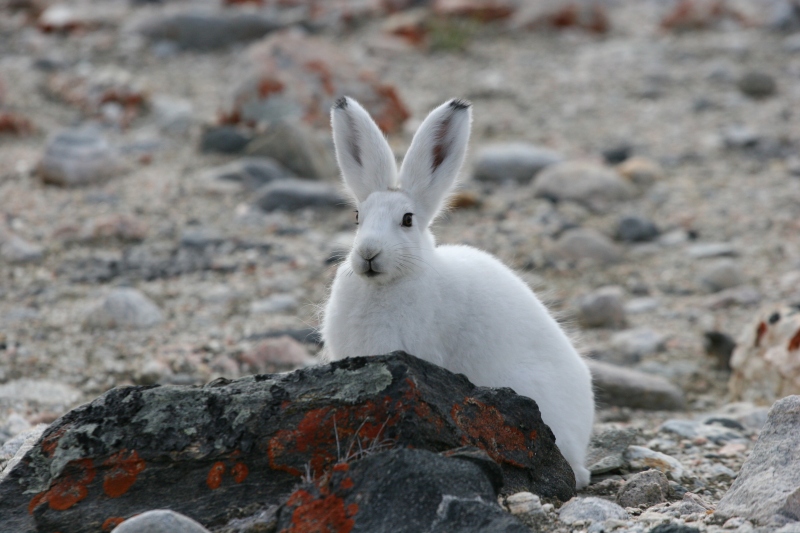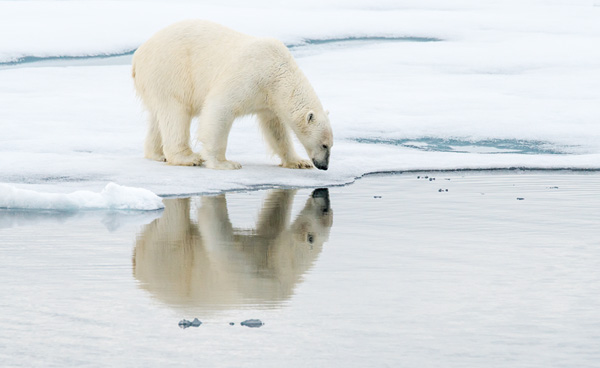
Like to meet an exceptional photographer whose first camera was a Box Brownie, who has never had formal training, who neither markets her photos nor runs a website, but whose images of landscape and nature have won more national and international awards than many photographers dare dream?
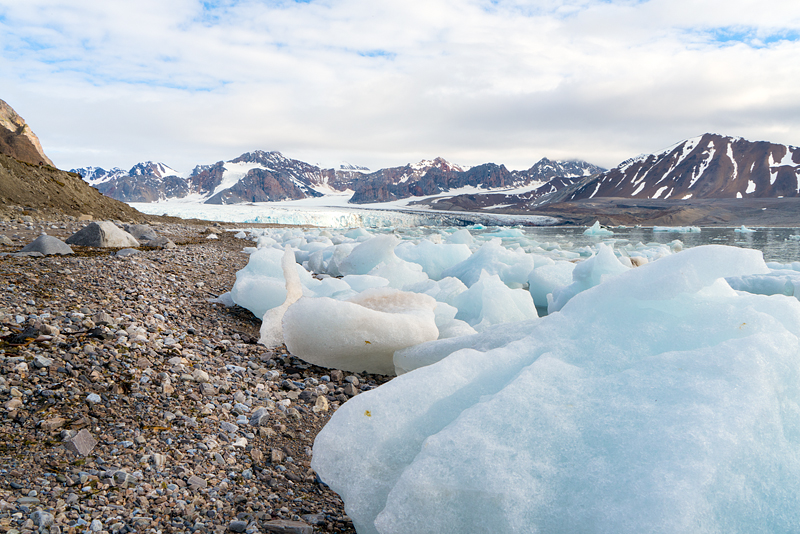
Meet VI WILSON, landscape photographer, fellow adventurer and friend. I have sailed with Vi several times to the high latitudes, most recently aboard on voyages to Svalbard and East Greenland. I invited Vi to speak about her photographic journey, and to share this selection of gobsmacking images, all taken during our September Arctic adventure.
If you listen quietly enough life will whisper its secrets to you.
—Rasheed Oghunlaru
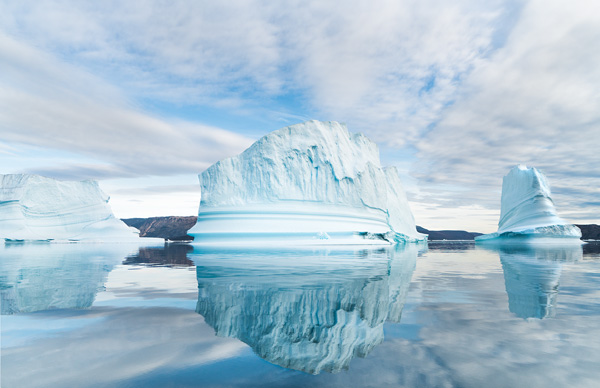
Markers of a Journey
‘Ever since I was a small child I have been drawn to the ever-changing beauty of land, sea and sky. It is inevitable that the focus of my image-making portrays this. But growing up in a working class family in Albany, Western Australia, money was always in short supply and at 15 I had to leave school to find a job. There was no encouragement to pursue a career. Out of my three pounds, five shillings and seven pence wages, I was required to give my mother one pound board.’

With hard-earned savings, Vi bought her first Box Brownie and the path to photography opened. ‘The world was there as I saw it. I never questioned or analysed why it was important to record it, although on many occasions I have been spellbound by the sheer magic and emotion of the moment. I was once told that I was an instinctive photographer, and to some extent I think that is true. Often you just know but the challenge then is how.’

We see things not as they are, but as we are.
—H. M. Tomlinson
I decided it was time to learn about photography and it was on a 2005 trip to Antarctica that I heard the first whispers about why I make photographs. More recently at a photography workshop I was given an assignment to ‘identify images which are markers for your own journey.’ As I sorted through images something surprising happened. Similarities were emerging. I began to see things that really did say something about me. The images were serene but ordered. There were patterns and shapes; there was light and shadow, strength and vulnerability, emotion and rhythms—like music. My music. Music in landscapes. My need to capture the beauty around me had been ever present but the reason remained elusive. I feel enormously blessed and grateful to have discovered it.

Arctic Light
‘It was such a privilege this year to travel to the Arctic with . The wildlife and scenery of Spitsbergen, the pack ice, and the absolute grandeur of Greenland have the ability to leave one speechless and filled with awe. I suffered from an acute case of sensory overload.’

‘Trying to capture and convey my emotional responses to this kind of splendour is not always easy, but when a viewer responds positively to an image, there is the satisfaction of knowing that perhaps I did – just a little bit!’
Landscape photography: pointers from Vi Wilson

The landscape is about light, and that can be capricious and elusive. Absolutely the best times are the golden hours in the mornings and evenings. This can be a challenge where there is 24 hours of daylight, so sometimes it is a good idea to change the camera settings to record monochrome, as it gives an immediate idea of whether a scene might work as mono. This can work rather well in the middle of the day, but the camera needs to be set to capture RAW data. The image can always be restored to colour in post processing.

Sometimes trying to capture the whole scene can work, but at other times, it is good to explore shooting vertical, or zooming in to focus on details. There is the far landscape and the near landscape, and both have their place.

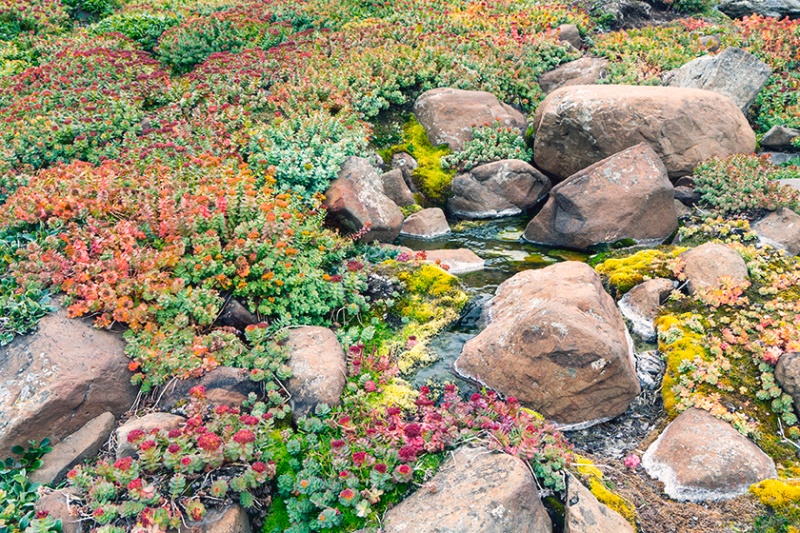
Tripods are a blessing and a curse! In some situations the circumstances just don’t lend themselves to using one, so it is important to keep an eye on the speed and ISO, especially when using a long lens on the camera and shooting from a bobbing zodiac, or a rolling ship. If you are able to use a tripod, also use a cable release, delayed shutter release, or mirror lockup.

Increasing the ISO can increase noise but there are some good noise reduction programs on the market. However, they should be used with care or they can make an image look over-smooth and plastic.
——————————
Vi, in closing, a question I always like to ask my guests: will you tell us something you cherish about your life?
I cherish my good health and my family, and the privilege of being able to witness the wonders of the natural world.
My thanks to Vi Wilson for sharing her creative journey and these beautiful images of Svalbard and East Greenland. Photos ©Violet Wilson, 2017
Quotations from Rasheed Oghunlaru and H. M. Tomlinson provided by Vi Wilson.

